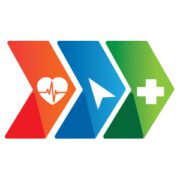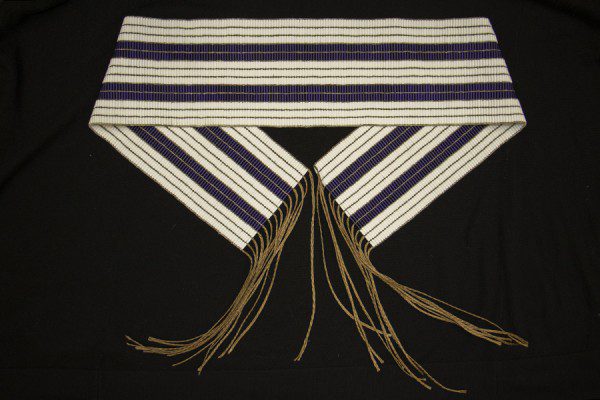Championing Inclusion: Bethesda Joins the NOHT-ÉSON
At its August 7 meeting, the NOHT-ÉSON’s Planning Table endorsed Bethesda as a new member of the network. This marks an important step in ensuring the needs of individuals with intellectual and/or developmental disabilities are meaningfully included in regional health planning.
For over 85 years, Bethesda has been the region’s largest provider of services for individuals with intellectual and/or developmental disabilities. With a broad range of programs spanning childhood through adulthood, the organization is rooted in person-centred care, evidence-based and trauma-informed practices, and collaboration across systems.
“Bethesda supports individuals and their families from birth through to end of life,” said Paul McGowan, Chief Executive Officer. “We offer clinical services for children, youth and adults, supported living, supported independent living, day programs, and respite supports for adults and children — all designed to help people live meaningful and fulfilling lives. Our work intersects with health care every day, and joining the NOHT-ÉSON gives us an opportunity to ensure people with intellectual and/or developmental disabilities’ needs are meaningfully included in regional planning.”
Comprehensive Supports Across the Lifespan
Bethesda provides services through three major streams:
-
Children and Youth Services, including autism programs, school-based supports, and community services.
-
Adult Clinical Services, offering behavioural therapy, speech-language pathology, occupational therapy, and intensive programs for individuals with complex behavioural needs.
-
Supported Living, including group homes, supported independent living, day activities, and a unique family home (home share) model.
With over 620 staff and more than 175 individuals supported in residential settings, Bethesda plays a critical role in supporting Niagara’s most vulnerable residents. Its partnerships extend across sectors, including close collaboration with Niagara Health, the justice system, local school boards, and post-secondary institutions like Brock University and Niagara College.
A Voice at the Table
A key priority for Bethesda in joining the NOHT-ÉSON is ensuring that individuals with developmental and/or intellectual disabilities are fully represented in health system conversations.
“People with developmental disabilities are people first — and their health needs are often more complex, but no less important,” McGowan noted. “By having a seat at the table, we can help reduce system barriers, prevent unnecessary hospitalizations, and create smoother care transitions.”
Bethesda already collaborates with many NOHT-ÉSON partners, including participation on the Mental Health Working Group. The organization also has a dedicated social worker supporting individuals with developmental disabilities experiencing prolonged hospital stays and Alternate Level of Care (ALC) needs — a shared priority with both the NOHT-ÉSON and Ontario Health.
The NOHT-ÉSON looks forward to working alongside Bethesda to strengthen integrated care, improve outcomes, and ensure the voices of people with developmental disabilities are represented in planning and service delivery across Niagara.
Click here to learn more about Bethesda.




